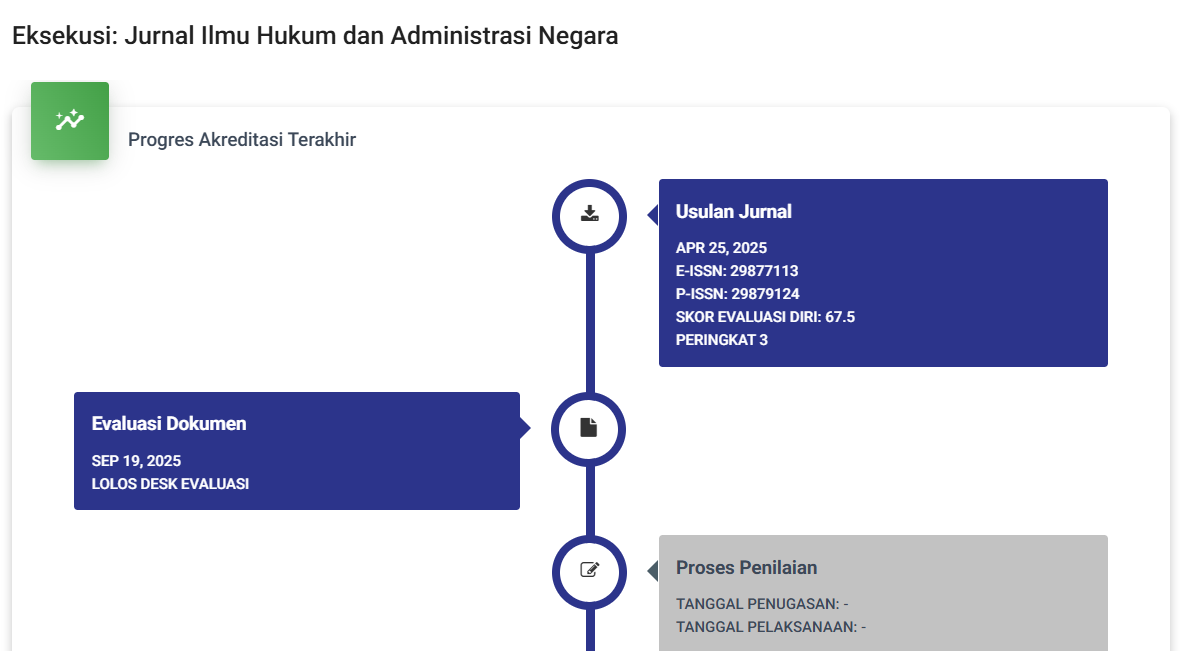Kejahatan Online Marketplace dalam Kriminologi dan Pengembangan Hukum Pidana Indonesia
DOI:
https://doi.org/10.55606/eksekusi.v1i3.1799Keywords:
Criminology, Cybercrime, Legal Development, Online MarketplaceAbstract
The rapid growth of online marketplaces in Indonesia has brought significant economic opportunities but also posed new challenges in the realms of criminal law and criminology. This study aims to analyze online marketplace crimes from a criminological perspective and examine the development of Indonesia's criminal law to address these challenges. Utilizing a qualitative approach with a literature review method, this research explores various types of online marketplace crimes, including fraud, identity theft, intellectual property violations, and tax evasion. The study applies criminological theories such as Strain Theory, Rational Choice Theory, Routine Activity Theory, Social Control Theory, and Social Learning Theory to understand the motivations and behaviors of offenders in digital transactions. The findings indicate that the legal framework in Indonesia, including the Electronic Information and Transactions Law (UU ITE) and Consumer Protection Regulations, still contains gaps that allow cybercriminals to exploit marketplace platforms. Therefore, this study suggests strengthening legal harmonization, enhancing consumer protection, improving tax regulations, and implementing effective law enforcement strategies. By integrating criminological insights into legal reforms, Indonesia can create a safer and more just online marketplace environment, contributing to sustainable digital economic development.
References
Asosiasi E-Commerce Indonesia (idEA). (2023). Peta ekonomi digital Indonesia 2022. https://www.idea.or.id/peta-ekonomi-digital-indonesia-2022
Bandura, A. (1977). Social learning theory. Prentice Hall.
BBC Indonesia. (2018). https://www.bbc.com/indonesia/majalah-46633652
Cohen, L. E., & Felson, M. (1979). Social change and crime rate trends: A routine activity approach. American Sociological Review, 44(4), 588–608.
Cornish, D. B., & Clarke, R. V. (1986). The reasoning criminal: Rational choice perspectives on offending. Springer-Verlag.
Google, Temasek, & Bain & Company. (2022). e-Conomy SEA 2022. https://www.bain.com/insights/e-conomy-sea-2022/
Hirschi, T. (1969). Causes of delinquency. University of California Press.
IDN Times. (2020). Pencurian data Facebook terjadi lagi, cek apakah kamu jadi korbannya! https://www.idntimes.com/tech/trend/shelly-salfatira/facebook-mengalami-pencurian-data-lagi-apakah-kamu-termasuk-korbannya/full
Kingyens, B. W. A. T. (2019). A guide to marketplace. In E. F. Thalib (Ed.), Jurnal IUS Tinjauan Yuridis Mengenai Marketplace Berdasarkan Peraturan Perundang-Undangan di Indonesia, 7(2).
Merton, R. K. (1938). Social structure and anomie. American Sociological Review, 3(5), 672–682.
Pradana, M. (2015). Klasifikasi jenis-jenis bisnis e-commerce di Indonesia. Jurnal Trunojoyo, 9(2). http://journal.trunojoyo.ac.id/neo-bis/article/view/1271
Stucki, A., Jr., M., & Carol, M. (2003). Handbook 2003: Guidelines, exposures, policy implementation, and international issue. John Wiley & Sons, Inc.
Thalib, E. F. (2019). Jurnal IUS Tinjauan Yuridis Mengenai Marketplace Berdasarkan Peraturan Perundang-Undangan Di Indonesia, 7(2).
The Malaysian Personal Data Protection Act, No. 709 (2010).
Tirto.id. (2018). Belanja online dan hak-hak yang terabaikan. https://tirto.id/belanja-online-dan-hakhak-yang-terabaikan-b9u4
Viva. (2019). Perlindungan data pribadi. https://www.viva.co.id/digital/digilife/1105131-perlindungan-data-pribadi-di-indonesia-masih-belum-jelas
World Intellectual Property Organization (WIPO). (2020). Intellectual property and e-commerce. https://www.wipo.int/ip-outreach/en/ecommerce/ip_ecommerce.html








